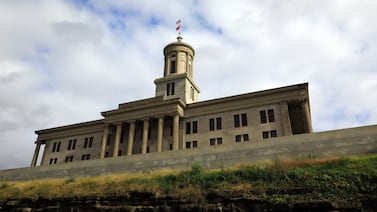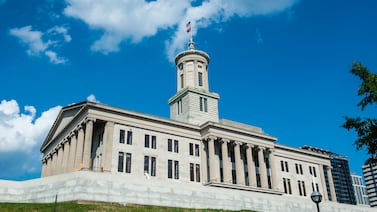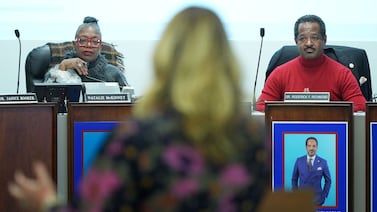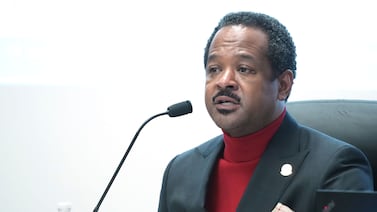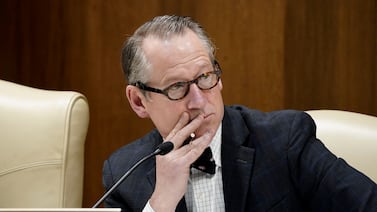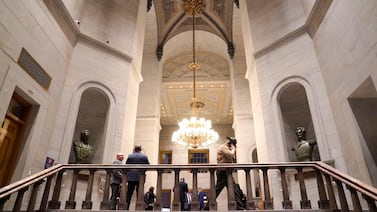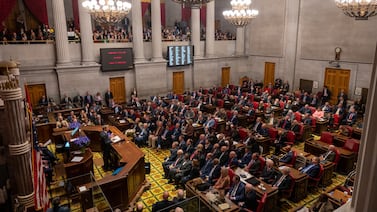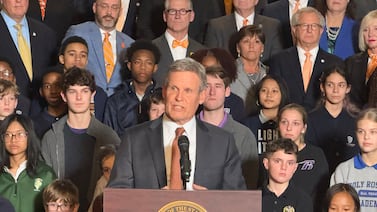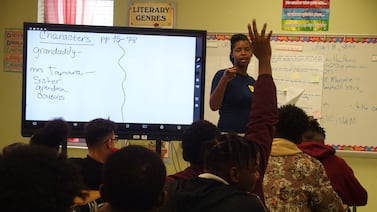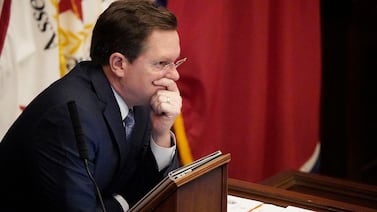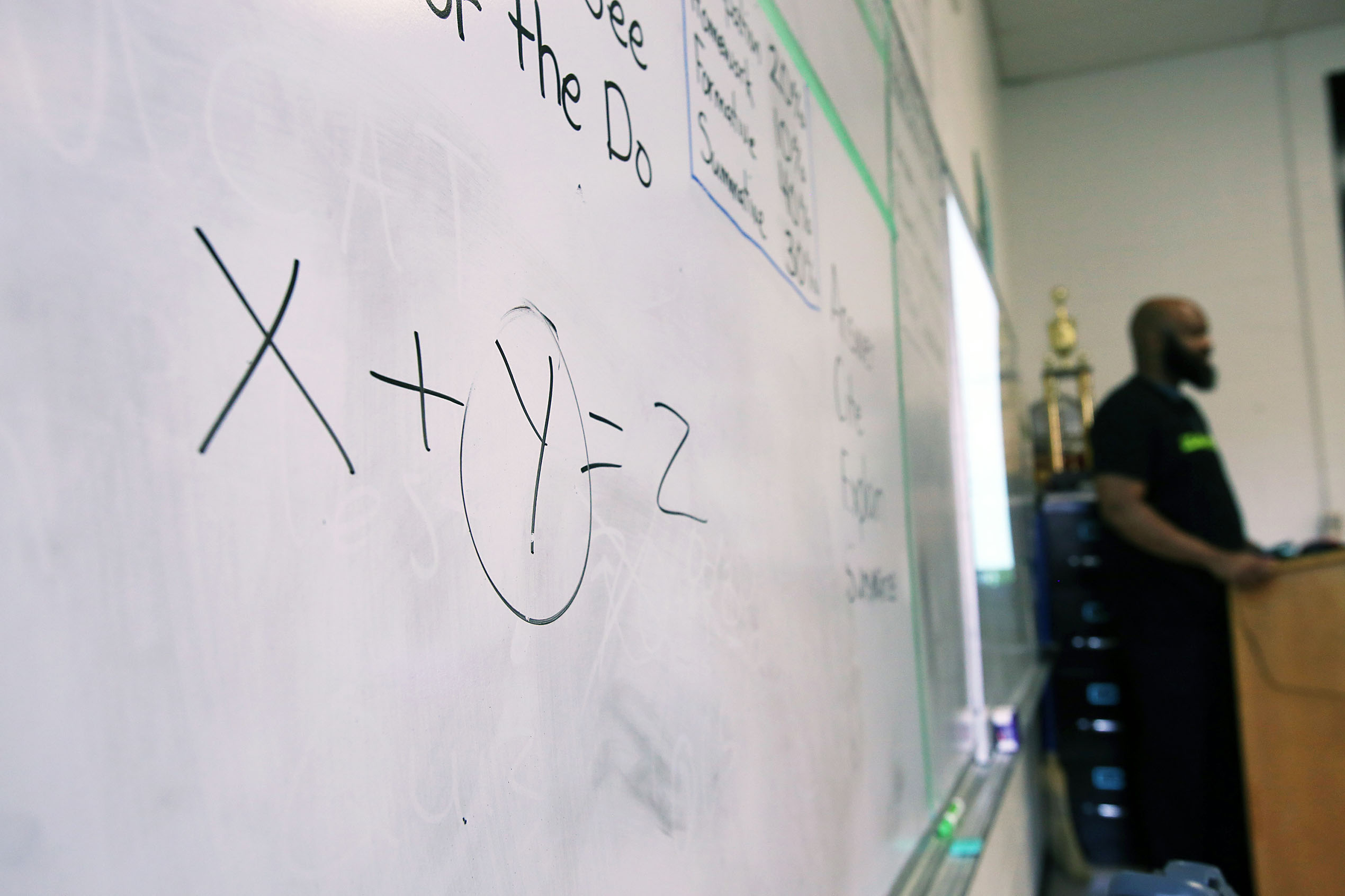Statehouse policy and politics
A new bill would allow some Tennessee private school teachers to get an emergency teaching waiver to teach at a public school but don’t have a bachelor’s degree.
A new bill that could require Tennessee teachers to track and report on their students’ immigration status cleared its first hurdle in the General Assembly this week.
Tennessee House Republicans passed a measure allowing public schools to display the Ten Commandments over Democrats’ objections of constitutional concerns.
Interim Superintendent Roderick Richmond said Tuesday that no official findings or conclusions have been reached in the $6 million investigation, despite state lawmakers insisting on ‘concerning’ early results.
The MSCS board is set to vote Wednesday on whether to initiate a full search process as interim leader Roderick Richmond’s contract expires. The decision comes as state lawmakers push to upend the district leadership system.
The district says state auditors haven’t presented any evidence of fraud or abuse to constitute further investment. Republican lawmakers didn’t name specifics either.
Democrats opposed to the bill argued prominent displays of religious texts would violate the U.S. Constitution and expose schools to lawsuits.
Tennessee Republicans have been pushing for an MSCS takeover since July. Community advocates say they’ve been working behind the scenes to protect local control.
In his final year in office, Gov. Bill Lee is pushing for an aggressive expansion of the state’s new voucher program. Teacher pay bumps are also on the horizon.
Lawmakers say they want to improve Memphis academic performance like a 2023 Houston takeover did. But Texas measures school progress differently, so results may not be the same.
Tennessee GOP officials want to start tracking the immigration status of all K-12 students. They won’t yet say whether the state would share that data with law enforcement.
Memphis Republicans want a state-appointed oversight board to control the district. Their plan is likely headed to a special committee to hash out a compromise.
Do you have questions about education bills or policy debates in the 2026 Tennessee legislature? Sign up for Chalkbeat Tennessee’s new texting service.
The voucher program that began in 2022 targeted urban districts with certain low-performing schools.
A Tennessee House Republican plan to install a new board overseeing Memphis-Shelby County schools governance will move forward in 2026.
The number of Tennessee schools receiving a C or higher on the state’s report card increased slightly this fall, with about 20% of eligible schools scoring the highest A grade.
The proposal could significantly expand voucher access amid another push to increase the number of vouchers in a statewide program.
Educator advocates say unpaid student teacher requirements can be a barrier for aspiring teachers. The Tennessee House speaker wants to start providing state-funded stipends for those internships.
It’s not clear how many new vouchers will be available for Tennessee students next year. The state’s prioritization of applicants will look quite different compared to the first year of the Education Freedom Scholarships program.
The lawsuit marks the first legal challenge to the Education Freedom Scholarship Act, which gave $7,295 in public tax dollars this fall to 20,000 Tennessee students.


